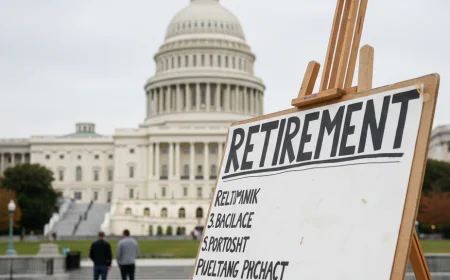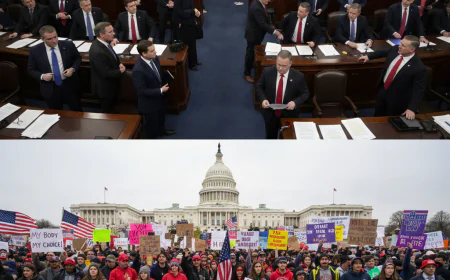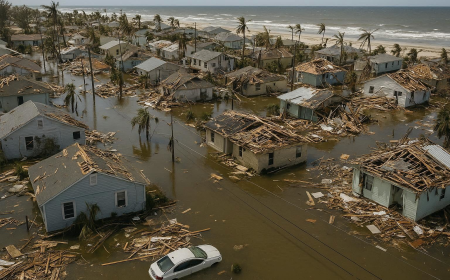Florida: New Immigration Law Takes Effect January 1st. The Legal Challenges Explained.

As the new year approaches, Florida's contentious immigration law is set to come into effect on January 1, 2024, sparking widespread debate and anticipation across the state. This legislation, which has been described by supporters as a necessary measure for public safety and economic stability, has drawn sharp criticism from opponents who argue it is discriminatory and potentially harmful to the state's immigrant communities.
The law, known as SB 1718, seeks to impose stricter regulations on undocumented immigrants, including prohibiting local governments from issuing identification to them, mandating that businesses verify the immigration status of their employees, and allowing law enforcement to detain individuals suspected of being undocumented. Proponents argue that the law will help reduce crime and protect jobs for legal residents, reflecting the sentiments of many constituents who feel that immigration has been inadequately managed.
However, opponents of the law, including various civil rights organizations and advocacy groups, have vowed to challenge its implementation in court. Legal experts suggest that the law may violate constitutional protections and civil rights, particularly those outlined in the 14th Amendment, which guarantees equal protection under the law. The American Civil Liberties Union (ACLU) and other advocacy groups have already indicated plans to file lawsuits arguing that the legislation fosters discrimination based on immigration status and could lead to racial profiling by law enforcement agencies.
The legal challenges are expected to focus on several key areas. First, the law’s requirement for businesses to verify the immigration status of employees may impose undue burdens on employers, especially small businesses that may lack the resources to navigate complex verification processes. Additionally, critics argue that this mandate could lead to a chilling effect, discouraging individuals from seeking employment or using public services for fear of deportation or legal repercussions.

Furthermore, the provision allowing police to detain individuals based solely on suspicion of being undocumented raises significant concerns about civil liberties. Critics assert that this could lead to increased racial profiling and violations of due process rights, particularly for communities of color who may already experience heightened scrutiny from law enforcement.
As the January 1 implementation date approaches, Florida Governor Ron DeSantis, who championed the law, stands firm in support of the legislation. His administration argues that the law is essential for ensuring the safety and security of Floridians and that the state has a responsibility to enforce immigration laws even if the federal government is perceived as failing to do so.
The outcome of the legal challenges against SB 1718 will likely set a precedent for immigration policy not only in Florida but also across the country, as other states observe the unfolding situation. Legal analysts predict that the courts will play a crucial role in determining the balance between state and federal immigration authority and the rights of individuals living in the U.S. without legal documentation.
As litigation unfolds, Florida's immigrant communities brace for potential disruptions and uncertainty. Advocacy groups are mobilizing to provide resources and support to those who may be affected, emphasizing the importance of solidarity and resilience in the face of legal and social challenges.
In conclusion, Florida's new immigration law is poised to initiate significant changes in the state's approach to immigration enforcement, but its future remains uncertain as legal battles loom. The coming months will be critical in shaping not only the legality of the law but also the lives of countless individuals and families navigating the complexities of immigration in America.
Technical Evolution and Creative Innovation
The innovation showcased in this recent development highlights the transformative potential of modern digital tools in reshaping audience engagement. Industry leaders argue that the integration of advanced predictive analytics and human-centric design is no longer a luxury but a necessity for staying relevant in a competitive market. This shift also raises important ethical questions regarding data privacy and the role of automated decision-making in creative processes. As technology continues to bridge the gap between imagination and reality, the standards for quality and authenticity are expected to evolve significantly by 2026.
Article written by: Linda G. Whitaker
What's Your Reaction?
 Like
0
Like
0
 Dislike
0
Dislike
0
 Love
0
Love
0
 Funny
0
Funny
0
 Angry
0
Angry
0
 Sad
0
Sad
0
 Wow
0
Wow
0

























































:max_bytes(150000):strip_icc():format(webp)/iphone-17-pro-d7ae6571d5b147ab8312e83b4d30a5a9.jpg)



























